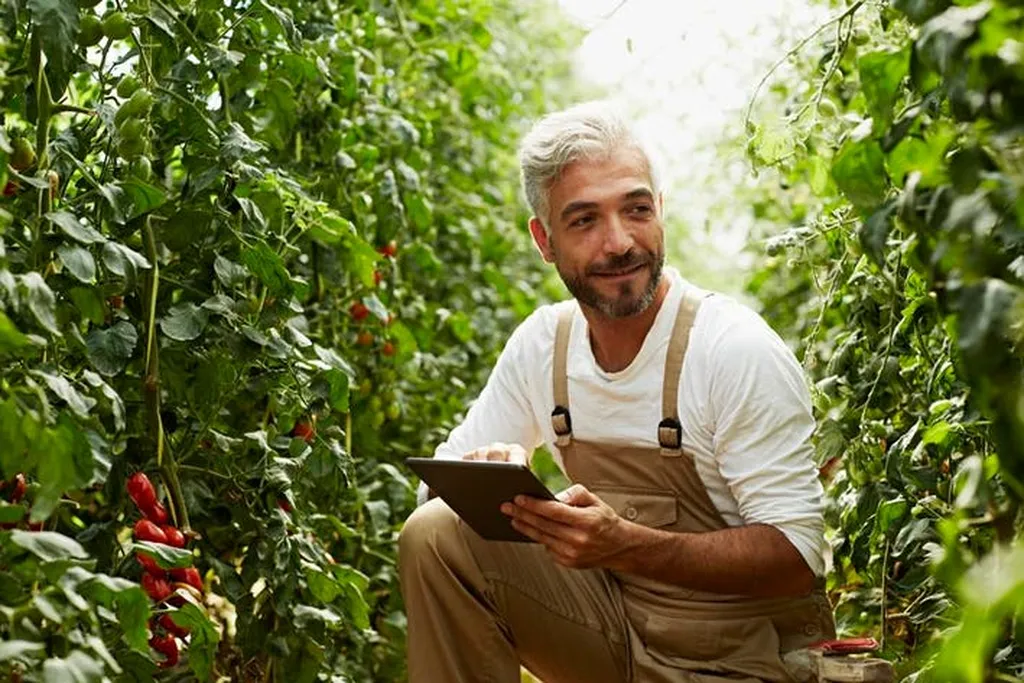In the heart of rural China, a quiet revolution is taking place, one that could reshape the way we think about sustainable agriculture and the intricate web of relationships that underpin it. At the center of this transformation is livestock manure, a humble yet vital resource that, when managed effectively, can bridge the gap between crop and livestock production. A recent study published in *Agricultural Economics* (AGRICECON), led by Ying Wang from the College of Economics at Hefei University, sheds light on how livestock manure recycling (LMR) among acquaintance networks is influencing crop-livestock integration (CLI) and what this means for the future of agriculture.
The study, based on survey data from swine farmers in rural China, reveals a complex dynamic at play. Livestock manure, a valuable source of organic fertilizer, is often underutilized or over-applied, leading to imbalances in the agricultural ecosystem. Wang’s research indicates that when farmers share manure within their acquaintance networks, it enhances the degree of CLI but can also result in over-application of manure. “This suggests that while local networks foster cooperation, they may also lead to inefficiencies,” Wang explains.
Conversely, when farmers engage in LMR with outside villagers or organizations, the degree of CLI tends to decrease, potentially leading to under-application of manure. This duality highlights the delicate balance between relational and market-oriented approaches to manure management.
One of the most compelling findings of the study is the role of formal institutions in breaking the constraints of acquaintance networks. “Formal institutions can restructure the crop-livestock relationship beyond the household level,” Wang notes. This suggests that policies and regulations can play a crucial role in optimizing LMR practices and ensuring a more balanced approach to agricultural production.
The implications of this research extend far beyond the fields of rural China. As the world grapples with the challenges of sustainable agriculture, the insights from Wang’s study offer valuable lessons for policymakers, farmers, and agricultural businesses alike. By understanding the nuances of LMR within different social networks, stakeholders can develop more effective strategies for manure management and crop-livestock integration.
Moreover, the study underscores the importance of leveraging both informal and formal institutions to achieve sustainable agricultural practices. As Ying Wang and her colleagues continue to explore these dynamics, the agricultural sector stands to gain valuable insights that could shape the future of farming and food production.
In a world where sustainable agriculture is increasingly becoming a global priority, the findings from this study serve as a reminder of the intricate relationships that underpin our food systems. By harnessing the power of social networks and formal institutions, we can pave the way for a more sustainable and efficient agricultural future. As the research published in *Agricultural Economics* (AGRICECON) suggests, the key lies in striking the right balance between cooperation and regulation, ensuring that livestock manure is used effectively and sustainably.

